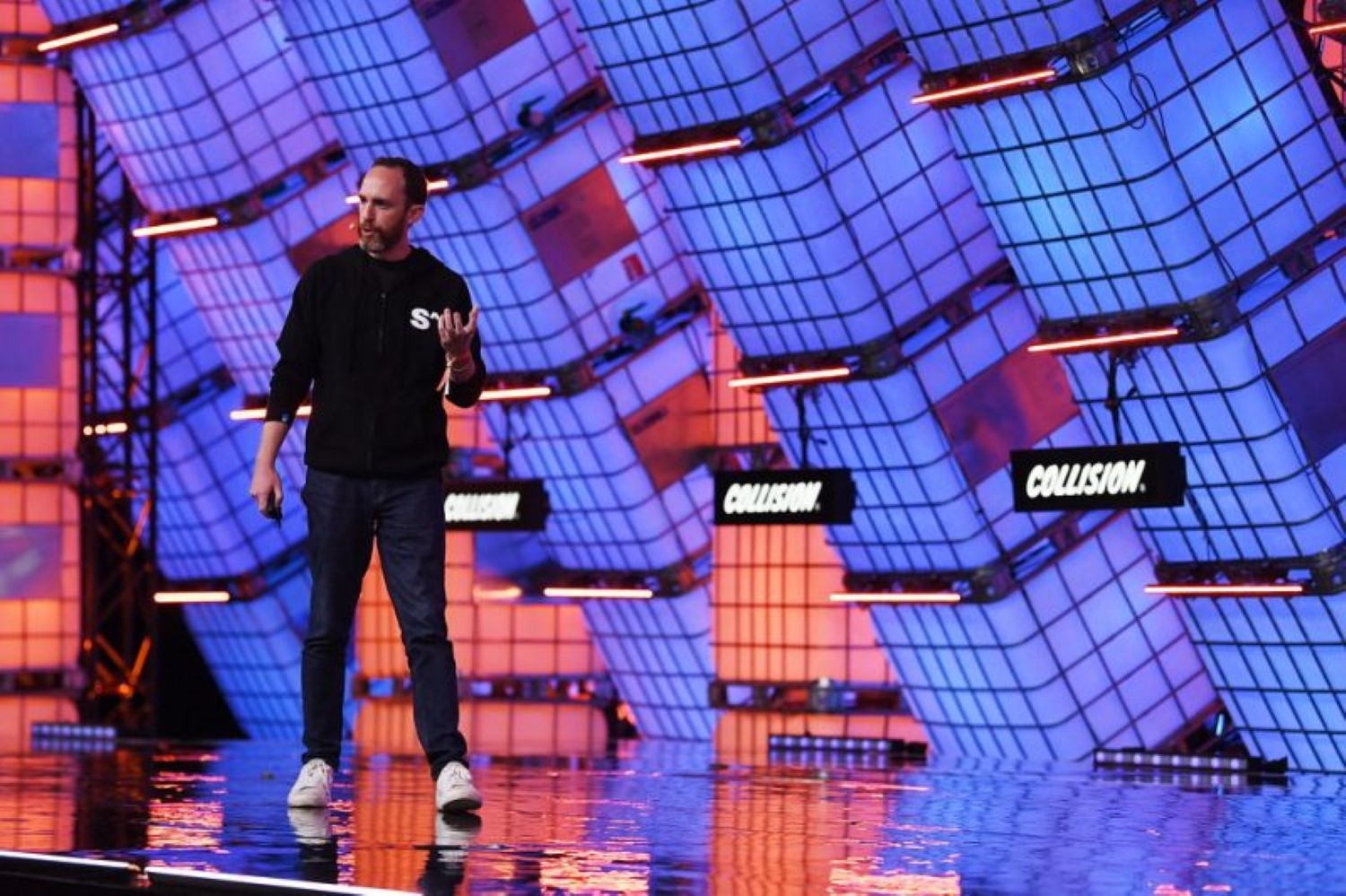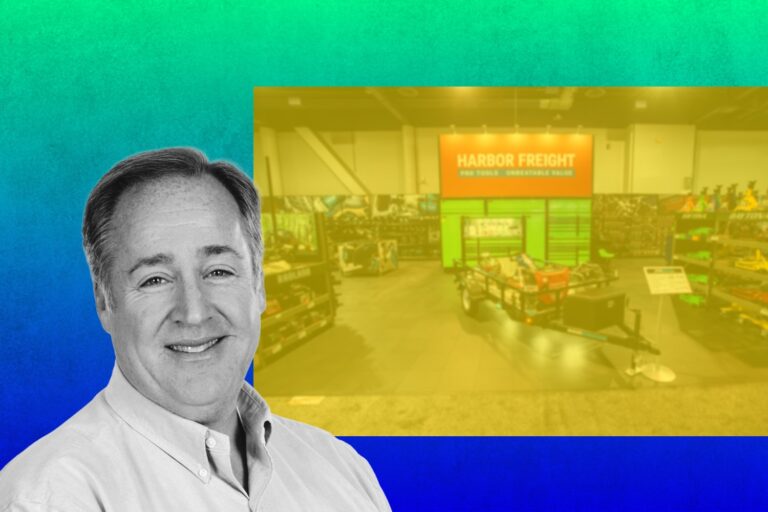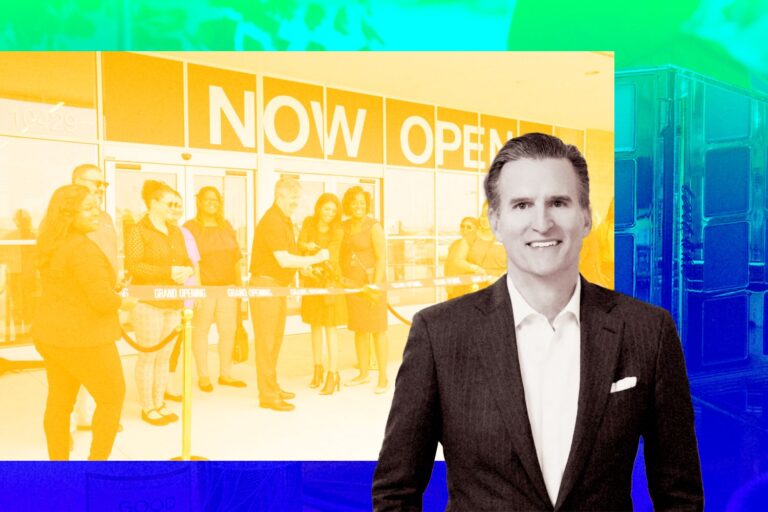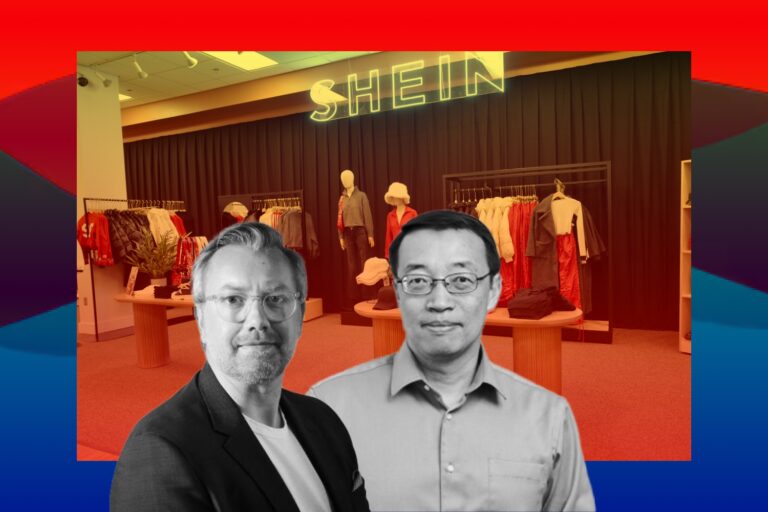Standard AI to Realize True “Frictionless-ness” in Brick-and-Mortar with Autonomous Checkout
With about 85% of Americans residing in densely populated urban areas and an increasing number of individuals conducting their routine and stock-up shopping online, major retailers must concentrate on providing quick and effective offline shopping experiences in order to thrive.
A few big box and mall-based shops, such as Target, Walmart, and Kroger, felt the strain and opened small format “convenience” stores. However, the issue still exists: long lineups ruin the in-person purchasing experience. Retailers must shift their attention from the average basket size to providing real convenience. Autonomous checkout needs to be resolved in order to produce a really “convenient” shopping experience.
Standard AI understood the context and came out with its AI technology to solve the puzzles.
Founded in 2017 by Jordan Fisher and Michael Suswal and based in San Fransisco, Standard strives to improve everyone’s retail shopping experience by making shopping a seamless and more human interaction. For brick-and-mortar stores, Standard achieves this by creating an autonomous checkout platform that may alter future consumer behavior.
Customers may shop in a Standard-powered store with or without their smartphone app, and its vision-first approach to autonomous checkout is distinctive in that it identifies customers by shape and movement, rather than by facial recognition.
In December 2020, the company was included in CB Insights’ inaugural Retail Tech 100 ranking, which showcases the 100 most promising B2B retail tech companies in the world. For their Computer Vision Technology for autonomous checkout, Standard won in the Organization category.
In March 2021, The Business Intelligence Group named Standard as a winner in Artificial Intelligence Excellence Awards program for its autonomous checkout solution that can be rapidly and effortlessly installed in retailers’ existing stores.
Standard is one of Amazon’s leading competitors in this space, a company offering similar technology and features to existing stores all over the world. Self-checkout is just the beginning, according to CEO Jordan Fisher, and it already runs inside a network of convenience stores.
Why Has Retail risen to such a Hot Sector for Computer Vision and Machine Learning?
“Retail is one of those industries that has never truly been disrupted. I don’t mean the disruption of retail caused by eCommerce; rather, I mean the disruption of the retail shopping experience.” said Sameer Qureshi, VP of Engineering (Machine Learning) at Standard AI.
Technological innovations in this room that come to mind are things like payment methods, like ApplePay and Square, inventory management, self-checkout kiosks, etc.
With the use of computer vision and machine learning, Standard AI enables shoppers to enter and exit a store at their convenience without having to wait in line at the cashier. The company has several priorities, but it’s crucial to offer a quick purchase process without customer assistance from an in-store operator.
Sameer Qureshi added, “Not only can we impact people’s lives by giving them a seamless and frictionless shopping experience, but we can also leverage our technology to provide additional information to each retailer and enable them to improve the efficiency of the shopping experience.”
Two Co-Founders on Changing the Face of Retail and Their Early Success
It started back when Jordan Fisher and Michael Suswal were still at the Securities and Exchange Commission. They were creating the first machine learning infrastructure for the SEC while collaborating with incredible people. Jordan was aware that he would eventually like to launch a business in the field of computer vision.
Jordan invited all of those amazing engineers to a research discussion group he had created. After reading many papers and discussing them once a week, they finally decided on this subject after about a year. “Making retail frictionless was a fascinating problem, and the technology was not quite there, but close enough to be practical.” said Jordan Fisher.
The COO of Standard shared, “It was also a huge addressable market. That’s a misconception I had before we started out — you hear so much about the growth of e-commerce. But brick-and-mortar retail is actually growing year over year, too, in terms of both number of locations and revenue. And even if you think of it as one pie, physical retail is still almost 90% — it’s a $25 trillion per year industry.”
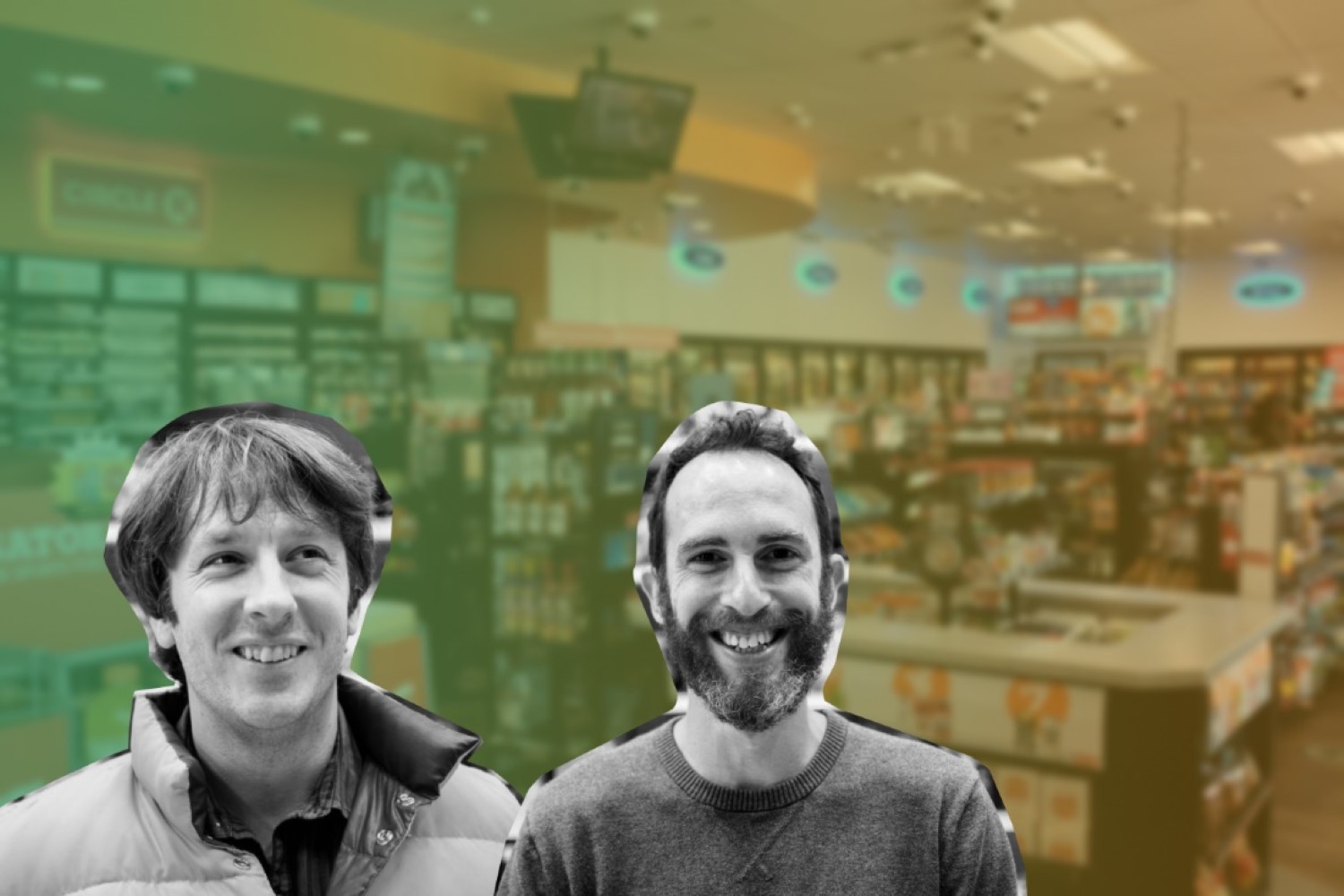
There is undoubtedly a lot of technical machine learning work to be done in the early phase. There isn’t yet a playbook for everything because they were productionizing computer vision in the real world more than anyone else has.
However, the machine learning component was actually some of the simpler technical work they were doing at this point. How to incorporate it into an engineering system, an account management procedure, and the overall mindset of an industry were the issues they tried to solve.
“How do you get this into not 10 or 100 stores, but 1,000? How do you design a backend system that solves the unique challenges of this space? The machine learning piece is like the laser in a barcode scanner. When barcode scanners were introduced around 70 years ago, that was cutting-edge physics. But the most interesting work came after that, trying to figure out how to make it work reliably in the chaotic, real-life environment of the front of a busy store.” Jordan wondered.
Standard is fundamentally reimagining how people shop, and every part of the San Fransisco-based company will have a say.
“But I think it’s bigger than that, too. Right now, every other industry is watching what we do, because they know computer vision and AI are ultimately going to have an impact that goes far beyond retail. It’s autonomous driving. It’s manufacturing. It’s anywhere where eyes and brains are useful.” said Jordan.
“We’re contacted every week by camera companies, packaging companies, payment processors, cloud providers — and they’re all trying to figure out how to service this industry. I see this as a revolution in the same way the internet was. Computer vision is going to change the way we interact with the physical world, in retail and beyond, and we get to help lead the way.”
In 2017, Standard revealed that they joined Charles River Ventures and Y Combinator in backing the company through an initial $5 million round.
Following interest from the general public and investors in particular, Standard secured $40 million in series A funding in November 2018 and a partnership with Paltac in Japan that has seen the implementation of their automated checkout solution in 3,000 locations.
Following this accomplishment, it was able to collect $35 million in a series B investment in 2019 that was led by the EQT Ventures fund and included previous investors Initialized Capital, CRV, and Y Combinator.
The additional funding increased Standard AI’s total capital raised in 2019 to over $86 million at a post-money valuation of $535 million. That’s more than double the company’s valuation as of November 2018, notes CEO Jordan Fisher, and it’ll empower Standard AI to “continue to focus on making its early customers in the U.S. and Japan successful” while expanding both its team and global reach.
The Forefront of Autonomous Checkout: How It Becomes a Vacuum of Investors
In 2021, Standard raised $150M in the Series C Funding led by SoftBank Vision Fund 2 with participation from EQT, CRV, SK Networks, and a truly elite set of investors.
With the single largest investment for an autonomous checkout or pure-play computer vision company, Standard becomes the industry’s first unicorn at a billion dollar valuation.
With its latest round of investment, Standard is positioning itself to take further advantage of an ongoing wave of retailer interest in checkout-free capabilities driven by the safety concerns brought on by the coronavirus pandemic.
With the establishment of more than 50,000 new stores over the course of the next five years, they plan to use this money to significantly expand the Standard platform and make AI-driven checkout accessible to all.
SoftBank’s investment in Standard may provide a major boost for the business by demonstrating its ability to draw money from reputable technology investors.
“The physical retail industry must accelerate its pace of digital transformation to better compete with online players,” shared Serena Dayal, Investment Director, SoftBank Investment Advisers.
She added, “We believe Standard is emerging as a clear leader for autonomous checkout, driven by advanced AI-powered technologies. We are excited to partner with the Standard leadership team as they aim to accelerate deployment of checkout-free technology with retailers seeking to improve their customers’ shopping experience.”
“Retailers find themselves in the midst of a perfect storm, as they struggle for razor-thin margins, battle the likes of Amazon and Walmart, and are beaten down by COVID-19,” said Jordan Fisher.
He also stated that, “Retailers and their customers have waited for a technology like computer vision to help drive the industry forward. This new category will be bigger than mobile or the Internet. It is the most disruptive thing to happen to retail in decades.”
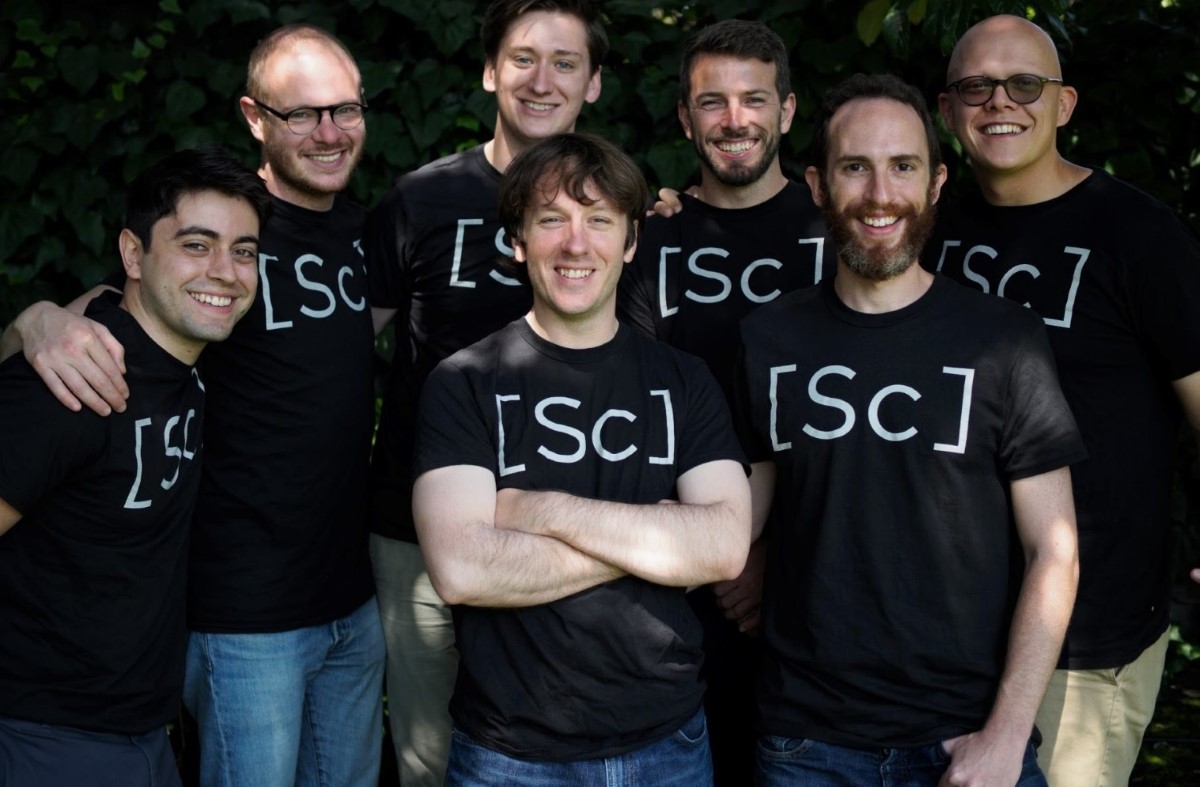
The way individuals interact with the physical environment is evolving thanks to computer vision technology that uses AI-powered cameras and software. In the end, computer vision and AI will radically transform and improve how we live and have an impact far beyond retail, including autonomous driving, manufacturing, workplaces, and gyms.
As a crucial advantage, Standard promotes its technology’s capacity to be swiftly and minimally disruptively installed in existing retail premises. The San Francisco-based company has gained a significant milestone when a convenience store at the University of Houston rebuilt with Standard’s technology launched entirely automated operations.
According to a news statement from Standard, Chartwells Higher Education, a branch of the global foodservice giant Compass Group that manages retail stores on college campuses, intends to implement the technology in additional sites “pretty soon.”
Additionally, Standard tested its system with the Canadian chain of Circle K convenience stores operated by Alimentation Couche-Tard. The system employs AI-driven cameras to track and silently bill customers for things they take from store shelves.
The Arena with Big Elephants
Standard faces strong competition from a host of other businesses that are also expecting to profit as retailers experiment with ways to let buyers leave stores without having to touch checkout equipment or encountering cashiers. Giant Eagle, a popular supermarket chain in Southeast region, is collaborating with one of its main rivals, Grabango, to use that business’ checkout-free system in a GetGo Cafe+Market convenience shop in the Pittsburgh region.
Standard is also trying to stand out against Amazon, which has launched customers to the self-checkout concept through its chain of Amazon Go and Go Grocery stores. Amazon said that it would make the innovation it utilizes in those stores available to other retail outlets.
Zippin, Trigo, and AiFi are additional rivals in the automated checkout market. AiFi revealed that it would collaborate with Wundermart to implement its computer vision technology in 20 European convenience stores during the first quarter of 2021.
Zippin declared it has installed its technology in a hotel convenience store in Yokohoma, Japan, while Trigo snapped in $60 million in December 2021 from investors which include Tesco, a British supermarket chain that is running tests on its technology.
Bringing Powerful E-Commerce-Level Insights to Brick-and-Mortar Retail Stores
In October 2022, Standard AI introduced powerful latest additions to its fundamental autonomous checkout platform that offer retailers and convenience stores the ability to understand and convert shopper behavior and in-store operations from a brand-new lens.
The platform has been improved by the addition of two potent new tools—Mission Control and Insights—that revolutionize the in-store experience and are sold as a unit under the name Vision OS.
Retailers now have access to eCommerce-level insights and capabilities thanks to Vision OS, which enables them to fully comprehend both store operations and consumer shopping behavior. These tools help increase productivity and drive new revenue opportunities at a time when retailers are inhibited by labor and inflation challenges.
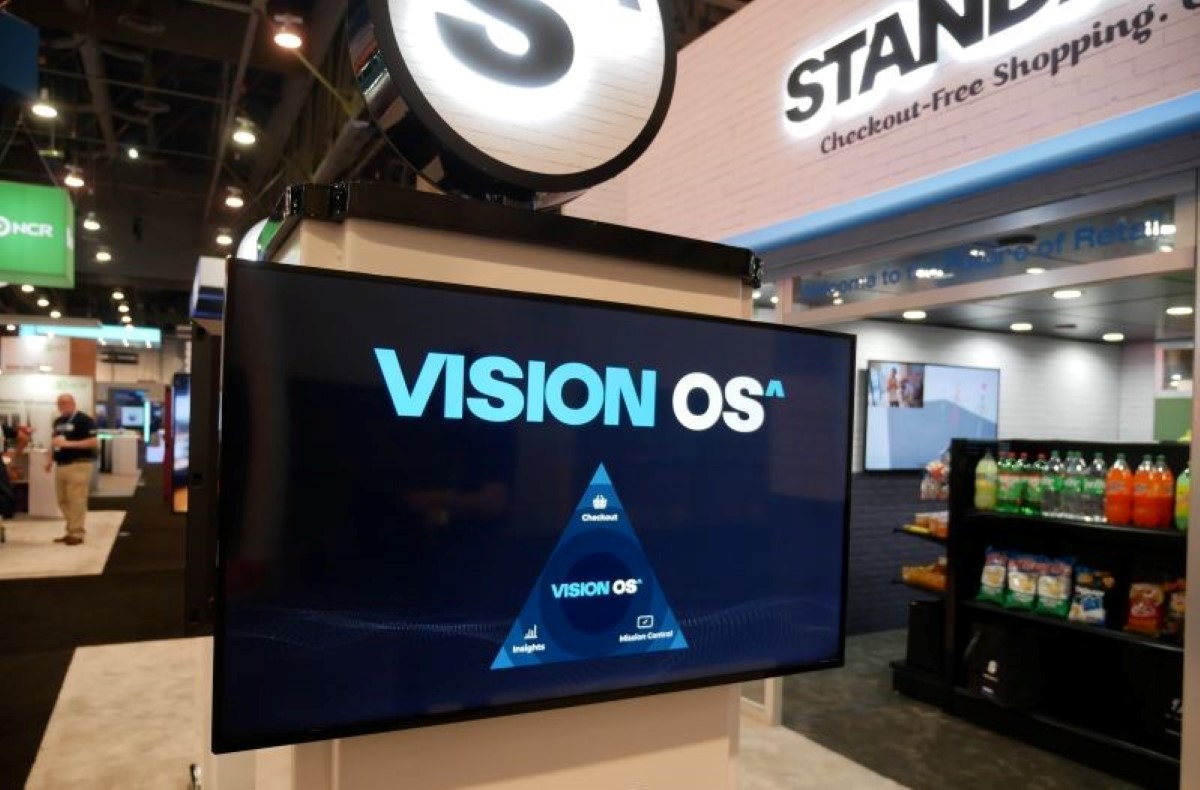
Standard Checkout has risen to the top of the retail computer vision market during the past five years. The business has demonstrated that using simply cameras and the cloud, it is possible to retrofit existing businesses with a checkout-free experience.
Early reports indicate that both customers and in-store personnel enjoy the experience, and there are already several stores open and many more on the way. Retailers typically experience an increase in new customers who make larger purchases at their establishments. Additionally, happier shoppers make larger purchases.
Vision OS^ is a natural development of the Standard AI platform, proving the power and convenience of computer vision-powered cameras and the cloud. Since autonomous checkout was the most challenging computer vision application in retail, the platform has now improved store operations and provided strategic insights.
“Retailers are ‘looking up’ and seeing the potential of their ceilings—the most underutilized real estate in today’s stores,” said Jordan Fisher, co-Founder and CEO, Standard AI.
He added, “When you empower brick-and-mortar retailers with e-commerce insights and analytics, you can understand shopper behavior and in-store operations in a brand new way. And with great insights come new opportunities to improve the shopper experience, support in-store teams, and drive new revenue opportunities.”
Bottom Lines
Technology cost curves opens a world new capability is only half of it. You need a strong business drive to do it in order to bring wonderful technology to the market, and, to be honest, we have that kind of motivation right now. As e-commerce continues to directly replace brick-and-mortar shopping in terms of mindshare and income, traditional American merchants are facing an impending catastrophe. Because Standard AI offers such a significantly superior user experience, this is the kind of product that quickly transitions from cool to essential.

